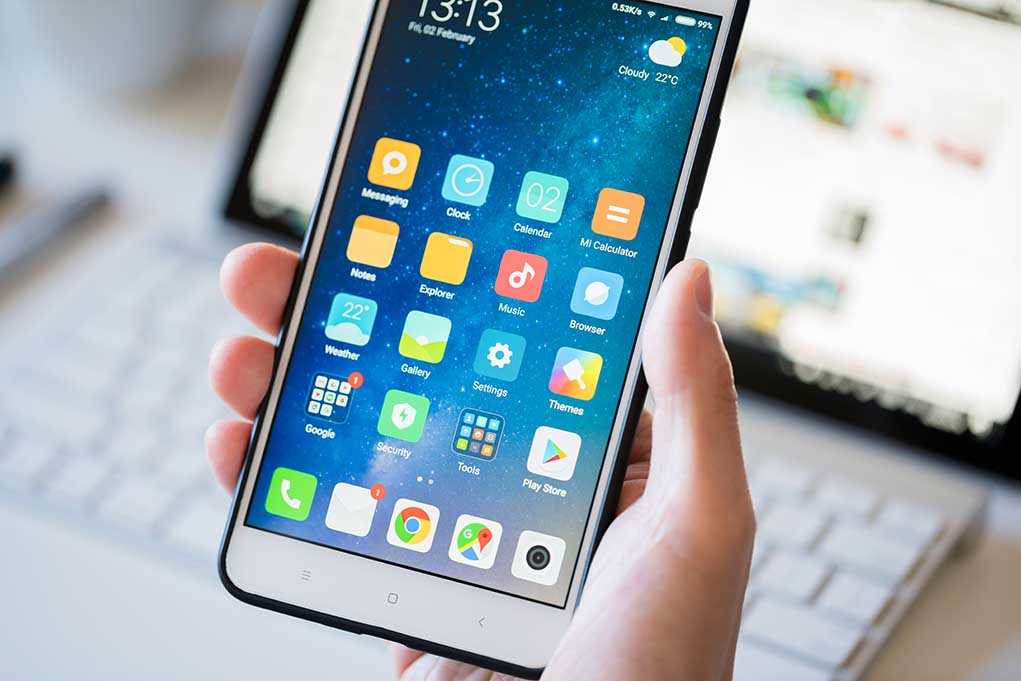
Cybercriminals are now hijacking your calendar, not your inbox, using Apple’s own trusted infrastructure to trick you into panicking over fake PayPal charges—and shockingly, they’re getting past every technical defense in the book.
Story Snapshot
- Phishing scammers are exploiting Apple iCloud Calendar invites to mimic PayPal purchase notifications, bypassing traditional email security.
- Fake calendar invites appear to come from legitimate Apple servers and pass all security checks, making them indistinguishable from real alerts.
- Victims are lured by urgent, fraudulent PayPal charges to call scammers, risking stolen credentials and malware infection.
- Apple and Microsoft have yet to announce comprehensive fixes, leaving millions exposed as the scam evolves in sophistication and scale.
Phishing Invites: The Art of Weaponizing Trust
Scammers have discovered a new gold mine: the calendar on your phone. By sending iCloud Calendar invites that appear indistinguishable from legitimate notifications, attackers exploit the very trust users and email security systems place in Apple’s infrastructure. These invites, often disguised as PayPal purchase alerts, bypass spam filters because they originate from authentic Apple email addresses—[email protected]. The scam’s genius lies in exploiting a fundamental blind spot: security systems trust Apple, and so do users. The result is a perfect storm—phishing messages that look, feel, and behave like the real thing, but carry a payload of manipulation ready to catch anyone off guard.
Each invite contains a note field loaded with a fabricated PayPal transaction and a “support” number, often accompanied by a warning of a high-value charge. The psychological manipulation is immediate and effective: fear of financial loss drives victims to call the number, where scammers wait to extract credentials or push malware. By leveraging the calendar—an app most people trust for work and life—the attackers sidestep years of anti-phishing training that tells users to scrutinize emails, not calendar entries.
How Technical Defenses Were Outsmarted
Traditional email security relies on protocols like SPF, DKIM, and DMARC to verify sender authenticity. This campaign sails past those defenses because the invites really do come from Apple’s servers, and the domains involved are legitimate. Attackers use Microsoft 365 mailing lists to reach a broad audience, compounding the risk. Even the most advanced spam filters and enterprise-grade defenses are fooled, as nothing in the message or invite header appears suspicious. The abuse of trusted infrastructure—what security experts call “infrastructure abuse”—represents a seismic shift in phishing tactics, forcing both consumers and organizations to reconsider where threats may lurk.
What sets this scam apart is its adaptability. Previous calendar spam campaigns blasted generic offers or dubious links, but this wave is precise, urgent, and financially themed. The use of PayPal branding adds credibility, and the scam’s cross-platform reach—Apple iCloud, Microsoft 365—means even cautious users are at risk. Reports from cybersecurity outlets show a surge in cases since early 2025, with a sharp spike in September as the scam gained global traction and major media coverage. The sheer volume of financial losses reported—$411 million in the first half of 2025 alone—underscores the seriousness of this threat.
Victims, Stakeholders, and the Fight for Trust
Victims span the spectrum: from everyday PayPal users managing their finances to professionals who rely on calendar invites for business. The scam’s success relies on the very features designed to make digital life seamless—cross-platform integration, trusted notifications, and frictionless scheduling. Apple and Microsoft, whose platforms are being weaponized, now face a dilemma: how to shut down the abuse without crippling legitimate use. PayPal, meanwhile, must contend with reputational fallout and a rush of worried customers seeking reassurance.
Cybersecurity firms like Malwarebytes and BleepingComputer have sounded the alarm, providing technical analysis and urgent advisories. Their consensus is clear: the sophistication of this attack marks a new era in phishing. Security experts recommend users verify all suspicious transactions directly with PayPal, never via numbers or links in unsolicited invites. User education is critical, but experts argue that technical solutions—improved authentication and anomaly detection in calendar systems—are urgently needed. The debate is ongoing: some believe only systemic change can stem the tide, while others insist that vigilance and awareness remain the best defense.
The Road Ahead: Evolving Scams and Eroding Trust
The phishing campaign remains active and continues to evolve, with new variants appearing even as media coverage grows. Apple and Microsoft have not yet announced comprehensive technical fixes, though advisories urge users to scrutinize unexpected calendar invites and enable additional security measures like two-factor authentication. Cybersecurity teams are racing to develop detection tools, but the scam’s reliance on trusted infrastructure makes mitigation challenging. The long-term consequence may be an erosion of trust in digital calendars and email systems, a shift that could ripple across the tech industry as attackers seek out new, less-defended vectors.
Scammers Are Exploiting Apple Calendar to Send Phishing Emails (Again) https://t.co/adT89WeIzw #tech
— Zack (@Zacknarltree) September 8, 2025
For now, the prudent path is skepticism: treat every unsolicited calendar invite—especially those invoking financial urgency—with suspicion. Verify transactions directly with the service involved, and never engage with phone numbers or links provided in unexpected messages. As the landscape of online deception shifts, so must our defenses, both technical and psychological. The calendar on your phone may seem mundane, but in the hands of a clever scammer, it’s the perfect Trojan horse.











